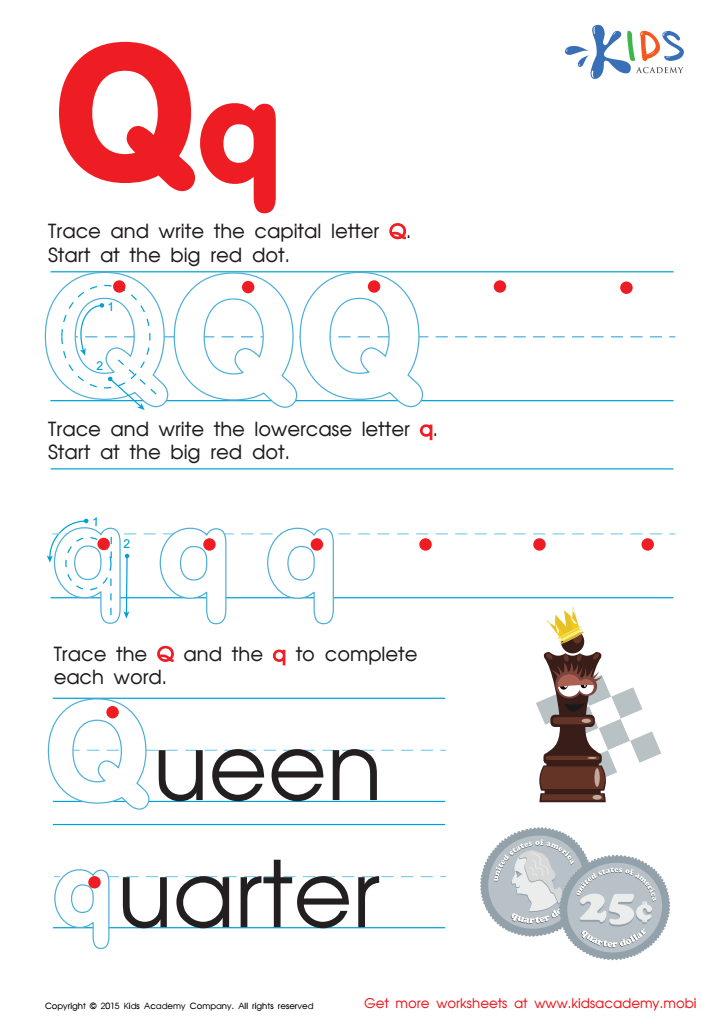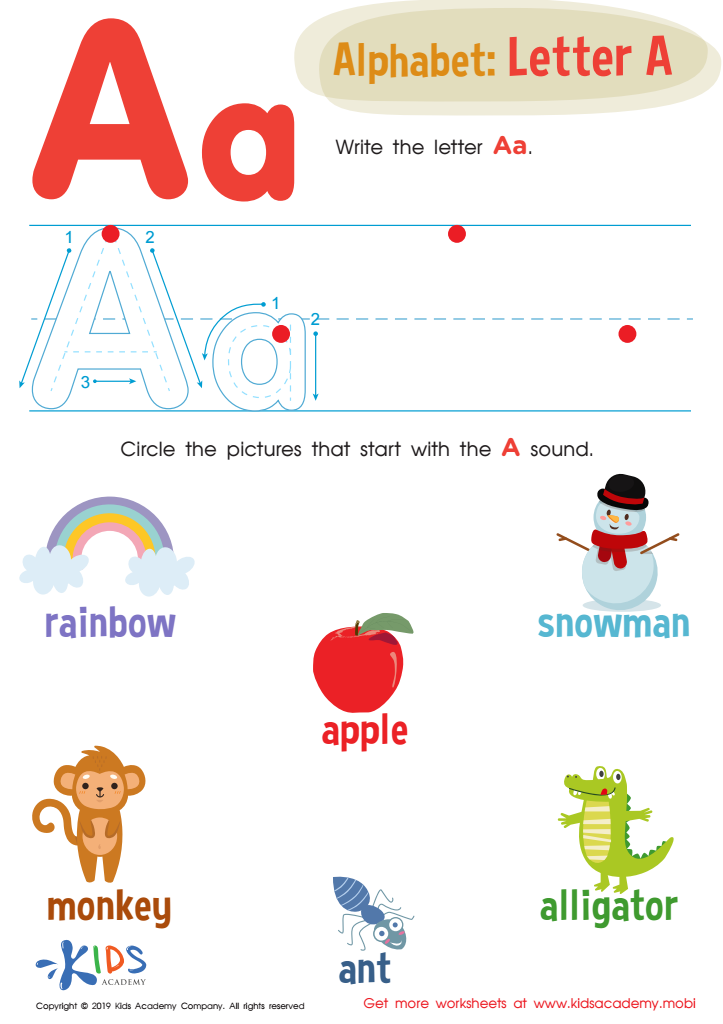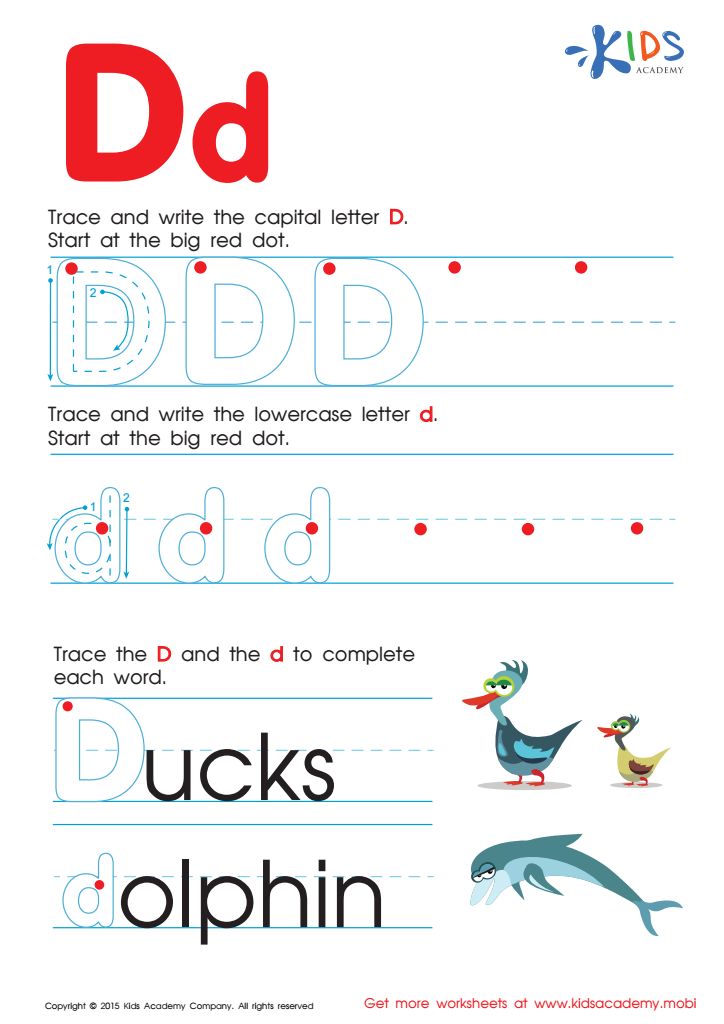Alphabet tracing Normal Letter Recognition Worksheets for Ages 5-9
5 filtered results
-
From - To
Discover our engaging Alphabet Tracing Normal Letter Recognition Worksheets, specifically designed for children aged 5-9. These worksheets promote essential skills in letter recognition through fun tracing activities, helping young learners develop their fine motor skills while becoming familiar with both uppercase and lowercase letters. Each worksheet features vibrant illustrations and structured tracing paths, making learning enjoyable and interactive. Perfect for teachers and parents aiming to support early literacy, these printable resources cater to diverse learning styles. Enhance your child's confidence in reading and writing with our comprehensive collection of alphabet tracing worksheets that lay the foundation for academic success.


Letter P Tracing Page


Letter Q Tracing Page


Letter H Tracing Page


Letter A Tracing Worksheet


Letter D Tracing Page
Alphabet tracing and normal letter recognition are fundamental skills in early childhood education, particularly for children ages 5-9. These skills serve as the foundation for literacy development, enabling children to read and write effectively. Recognizing letters helps children decode words, while tracing assists them in developing fine motor skills essential for writing.
Parents and teachers should prioritize these activities as they foster cognitive development. Through tracing, children not only learn alphabets but also enhance hand-eye coordination and muscle memory, which are critical for future tasks involving writing and creativity. Moreover, as children practice letter recognition, they build confidence in their reading abilities, which encourages a lifelong love for literature.
Engaging in letter tracing can be a fun, interactive experience that promotes a positive learning environment. Teachers and parents can incorporate games and crafts to make learning enjoyable, reinforcing the notion that education is a delightful journey rather than a chore.
Additionally, early mastery of letter recognition sets the pace for more complex literacy skills, paving the way for fluency in reading and writing as children progress in school. By supporting these early learning stages, parents and teachers play a critical role in shaping proficient, enthusiastic learners.
 Assign to My Students
Assign to My Students















